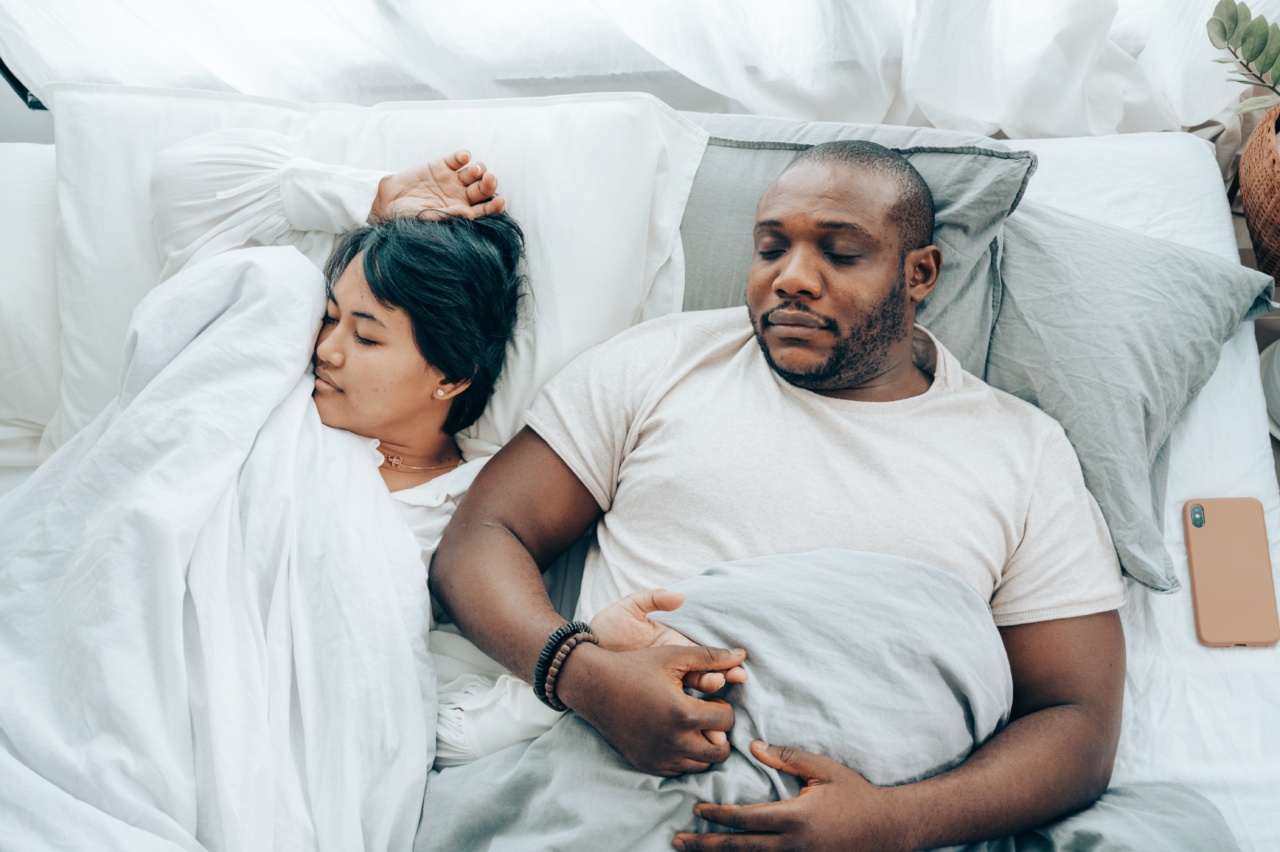Difficulty sleeping is a common problem for many people. If you find yourself tossing and turning at night, there are several things you can do to improve your sleep without resorting to medication.
Here are ten top tips to help you get a better night’s sleep:.
1. Stick to a regular sleep schedule
Going to bed and waking up at the same time every day – even on weekends – can help regulate your body’s sleep and wake cycles. This consistency can help you fall asleep more easily and feel more refreshed when you wake up in the morning.
2. Create a relaxing bedtime routine
Establish a relaxing bedtime routine that will help your mind and body wind down. This could include taking a warm bath, reading a book, or listening to soothing music.
Avoid stimulating activities such as working on your computer or watching TV before bedtime.
3. Make sure your sleep environment is conducive to sleep
Your bedroom should be a quiet and comfortable space that is dark and cool. Use blackout curtains, earplugs, or a fan to create a sleep-friendly environment. Make sure your mattress and pillows are comfortable and supportive.
4. Avoid caffeine, alcohol, and nicotine
Caffeine and nicotine are stimulants that can interfere with sleep, while alcohol can disrupt your sleep cycle and cause you to wake up in the middle of the night.
Try to avoid these substances in the afternoon and evening, or eliminate them from your diet altogether.
5. Get regular exercise
Regular exercise can promote better sleep, but be sure to exercise earlier in the day rather than later at night. Vigorous exercise too close to bedtime can interfere with sleep.
6. Manage stress
Stress and anxiety can make it difficult to fall asleep and stay asleep. Practice relaxation techniques such as deep breathing, progressive muscle relaxation, or meditation to help calm your mind and relax your body before bedtime.
7. Limit daytime naps
If you take daytime naps, keep them short – no more than 30 minutes – and avoid napping late in the day. Napping during the day can make it harder to fall asleep at night.
8. Don’t watch the clock
Looking at the clock when you can’t sleep can increase your anxiety and make it harder to fall asleep. Turn your clock away from you or cover it up so you’re not tempted to check the time.
9. Don’t eat a heavy meal before bedtime
Eating a heavy meal too close to bedtime can interfere with sleep. If you’re hungry, have a light snack before bed, but avoid heavy, high-fat, or spicy foods that can cause indigestion.
10. Try natural sleep aids
If you’re still having trouble sleeping, try natural sleep aids such as melatonin, valerian root, or chamomile tea.
However, it’s important to talk to your doctor before taking any sleep aids, even natural ones, to make sure they won’t interact with any medications you’re taking or worsen any underlying health conditions.
Conclusion
Getting a good night’s sleep is essential for your health and well-being. If you’re having trouble sleeping, try these top tips for improving your sleep without medication.
By making simple changes to your lifestyle and sleep habits, you can get the restorative sleep you need to feel your best.































